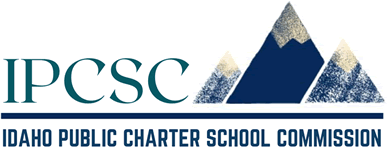| Document/Link | Description |
| Developing Ethical Standards | This document offers resources and guidance for developing ethical standards. |
| Conflict of Interest Survey | This document can help facilitate conversation about real or potential conflicts of interest board members may have. Consider incorporating it into new board member orientation process or as an annual review for existing board members. |
| Idaho Open Meetings Law Manual | This summary of open meetings law is published by the Idaho Office of the Attorney General. |
| Roberts Rules of Order Summary | Robert’s Rules of Order provide the most common form of parliamentary procedure used in the United States. Charter school governing boards typically adopt these practices, to varying degrees, to ensure fair and orderly proceedings at board meetings. First published in 1876 by Henry Martyn Robert, the full text includes more than 500 pages of explanations. This summary is a good starting place. |
| Highly Effective Boards | This document provides guidance regarding what work belongs at a full-board level and what should be delegated to committees or administration. It provides an outline of the most common charter school board committees and describes the scope of work for which each committee is generally responsible. |
| Sample Meeting Minutes | Looking for a sample format for meeting minutes? This document provides a template for the most important information to include. |


